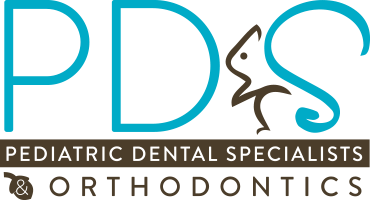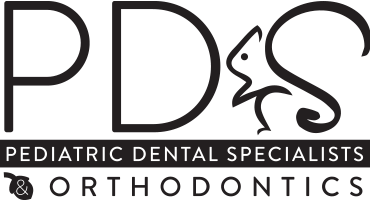Extracting the wisdom teeth, or third molars, can be necessary to prevent complications and preserve the health of your smile.

Making Room for a Healthier Smile
The third molars, or wisdom teeth, are the last teeth to erupt, usually making their debut between ages 17 and 25. For many, these late arrivals can cause complications like crowding, impaction, or infection. At PDS, our board-certified oral surgeon, Dr. Nicholas Bennetts, provides expert wisdom teeth removal in a comfortable environment.
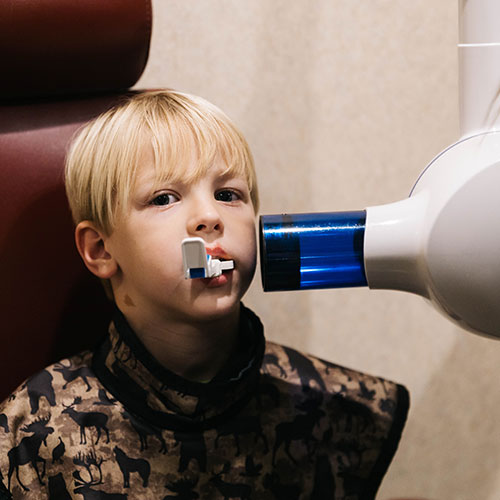
What to Expect During Wisdom Teeth Removal
Comprehensive Evaluation:
One of our pediatric dentists will take panoramic x-rays, review the findings, and determine if wisdom teeth removal is necessary. If it is, they’ll also complete a focused health and physical examination. All of the information will be sent to Dr. Bennetts. He’ll use these diagnostic records to plan the procedure.
Sedation:
Dr. Bennetts will administer moderate IV sedation to provide a more comfortable experience for the extractions.
Expert Extraction:
Using advanced techniques, the surgeon will carefully remove the wisdom teeth. For impacted teeth, careful and precise incisions are made, and bony obstructions are removed, in order to extract the teeth. After the area is cleaned, dissolvable stitches are placed to help the tissues heal properly and quickly.
Recovery:
The patient will be monitored until they can safely be sent home. We’ll also provide detailed post-op instructions to support optimal healing. Our team is always available to answer any questions.
01.
Prevents Complications
Removing wisdom teeth can prevent complications, including infection, cysts, and damage to the surrounding teeth, gums, and bone.
02.
Easier Oral Hygiene
Improperly aligned wisdom teeth are difficult to clean, increasing the risk of cavities and gum disease. Removing them can make oral hygiene easier, preserving oral health.
03.
Protects Alignment
Removing the wisdom teeth can prevent overcrowding and unwanted shifting, helping to maintain the alignment of the existing teeth.
When should my child have their wisdom teeth evaluated?
Ideally, wisdom teeth should be evaluated in the teen years. While they may not have erupted yet, x-rays can show the angle the teeth are growing and give us a good idea if the eruption of the teeth is likely to cause problems. Removing the wisdom teeth early, before the roots are fully developed, can result in a quicker, easier procedure and reduce the risk of complications.
Do wisdom teeth always need to be extracted?
No, wisdom teeth do not always need to be extracted. Some people don’t get wisdom teeth at all. In those who do, as long as they fully erupt, are properly aligned, and the surrounding tissue is healthy, the teeth don’t need to be removed.
How long is the recovery period after wisdom teeth removal?
Most patients are able to go back to their daily activities within a few days. However, full recovery can take a few weeks.
What post-operative instructions should my child follow after wisdom teeth removal?
We’ll go over all of the post-op instructions with you.
